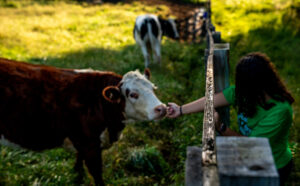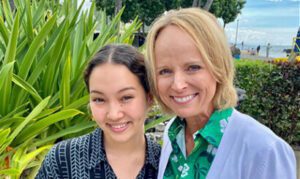You have held more university presidencies than any other American according to Wikipedia. So, looking back on your life’s journey, what or who stands out for helping put you on this path?
Gordon Gee (GG): Well, I think there are so many people I could talk about, but obviously loving parents, great friends, and a family that has continued to be very supportive of me. I also think that being a university president is more akin to a calling than a job. It really is about working with people that you know with which you’re going to be able to make a difference. And in particular, the Land Grant institutions that have been immensely important to me.
In the wake of COVID-19 and the national shutdown, how are you seeing universities adapting to change the future of higher education?
GG: Well, some people say we are going to go back to normal. I don’t believe that. I think that it’s a new world, and I welcome that because I believe that as with everything, the world is in fast forward and we need to change. We need to change immediately. We need to be very disruptive. We need to think about what the world is going to look like 20 years from now and then we need to organize higher education accordingly. That is going to require a much different kind of format and even a much different kind of institution than we’ve had over the last 50 years.
Well, I’m sure that’s why you’ve been successful as a university president. You’re so open to change and embracing it. So, tell me how do you think the relevance of 4-H and Cooperative Extension changes in this moment of COVID-19?
GG: I think that when you think about what Abraham Lincoln wanted 150 years ago, that was to develop community-based education to have institutions that really made a difference in the daily lives of people. I think that in this 21st century, we’ll have to think differently about what 4-H is going to look like. But its importance, I think, is incredibly significant right now because it goes to the family, to the character, to the quality of life and to the fundamental nature of our democracy.
What insights do you have for us about Gen Z and how they want to change the world?
GG: Well, if you think about the gap between the millennials, which would have just graduated, and the Gen Z, it is huge. It’s a chasm. They look at the world much differently. 40-50% of them don’t want to work for anyone. They want to be entrepreneurial. They want to start their own businesses. They are very community-centered. They are very job oriented. And so all of those things dictate that this new group of individuals are really acclimated to what the new world will be after the coronavirus. I think that in many ways the coronavirus amplifies the kind of strengths of these young students we see. And of course, I love them dearly. I’d like to adopt every one of them but that’s impossible. Nonetheless, I miss them in my life while they are not here on campus with me.
















